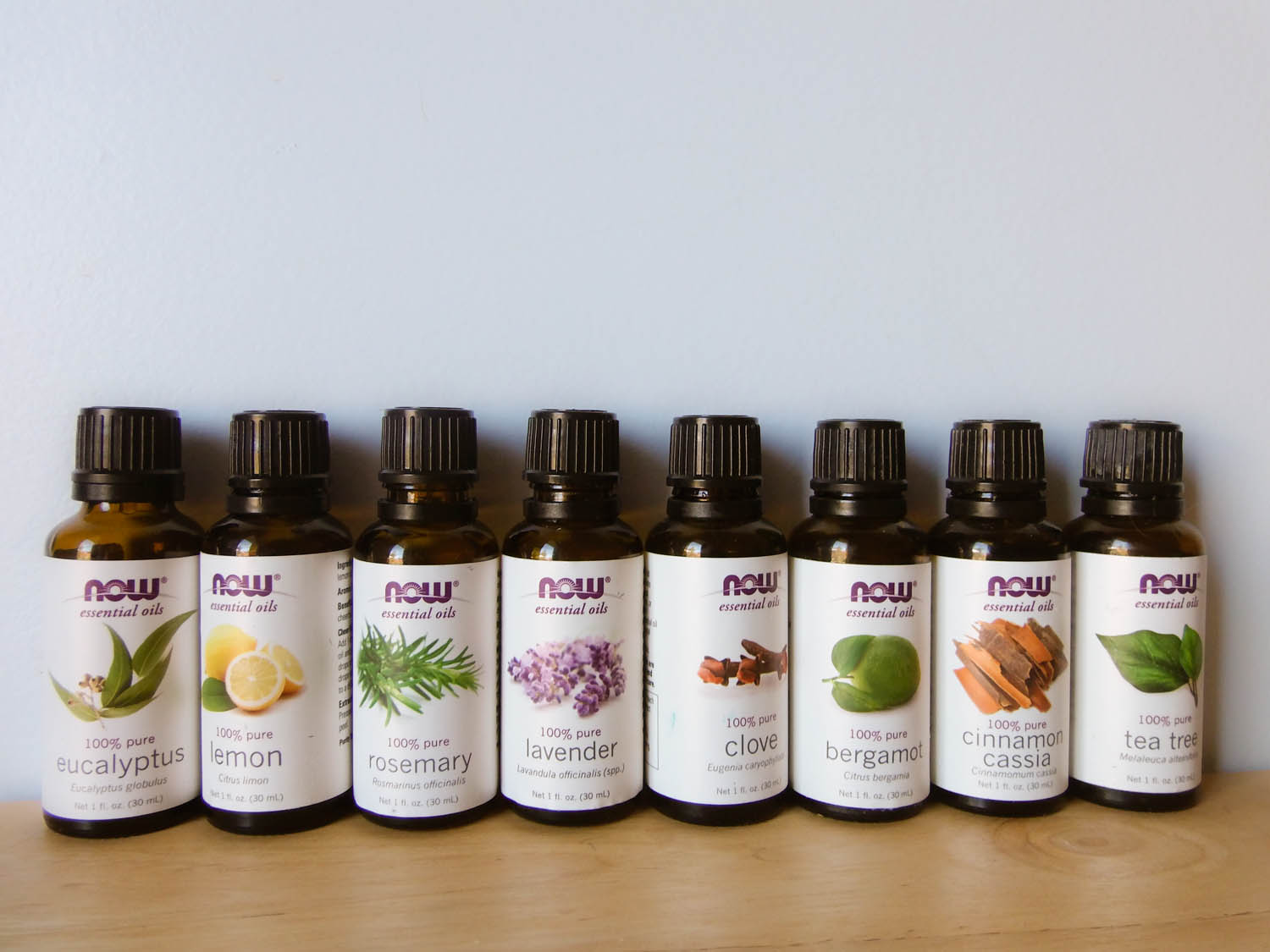By Robin Gericke, Managing Editor
When you hear about ‘homeopathic remedies’ or ‘alternative medicine,’ you likely think about essential oils or strange eating habits. While essential oils and gluten-free diets are as trendy as succulents and art magazines, they are simply the surface of a deeper movement towards holistic health and natural treatment.
I go to a homeopathic doctor and take a variety of herbal and natural supplements, and I am not alone in my desire to treat my health as naturally as possible. The National Center for Complementary and Integrative Health (NIH) found that 59 million Americans spend money on complementary health approaches, and this total out-of-pocket spending adds up to $30.2 billion a year. Part of this amount is $14.7 billion that Americans spend on visits to complementary practitioners. Herbal supplements, probiotics, vitamins, yoga, chiropractic manipulation, massage, tai chi, etc. are included in the NIH’s definition of complementary health approaches.
As questions and cautions arise around vaccines and medications that come with a long list of side effects, natural remedies and complementary health approaches are a fitting alternative for some people. There is a wide range of how far to take alternative treatments, from using lemon essential oil to treat allergies to forgoing chemotherapy for natural cancer treatments. In the same way that God has given doctors minds to cure disease and save lives, I believe He has also provided what we need in creation. The key is finding the balance between the two.
A simple way to find that balance is to treat our bodies and our health holistically. The Oxford Dictionary defines holistic as “characterized by comprehension of the parts of something as intimately interconnected and explicable only by reference to the whole.” When this is applied to health, it means to focus on the body as a whole, not just individual parts. For example, a cold can be brought on by a weakened immune system, which can be caused by stress. Taking a DayQuil will treat the symptoms of the cold, but it does nothing in decreasing stress. That comes from more challenging yet more lasting lifestyle changes, such as changes in diet, exercise and how we deal with stress.
Treating our health holistically aligns with principles in Scripture. First Corinthians 6:19-20 says that our bodies are temples for the Holy Spirit, bought with a price. Genesis 1:27 says, “God created mankind in his own image, in the image of God he created them; male and female he created them.”
Though we are made in God’s image, we often hijack our health and just treat the symptoms of our choices by taking DayQuil or sleep aids or drinking coffee. If I try to care for earthly creation by recycling and conserving electricity, is it not hypocritical of me to not also care for my body, the only creation made in God’s image?
For me personally, holistic health looks like taking care of my body as naturally as possible. It means I understand that not following sound mental and spiritual practices of spending daily quiet time results in stress and anxiety. It looks like going for a run when I’m upset or talking to someone when I need to externally process things. When I become sick, exhausted or overwhelmed, I know it is a result of me not viewing my health holistically.


